Summaries of books about Politics & Social Sciences:
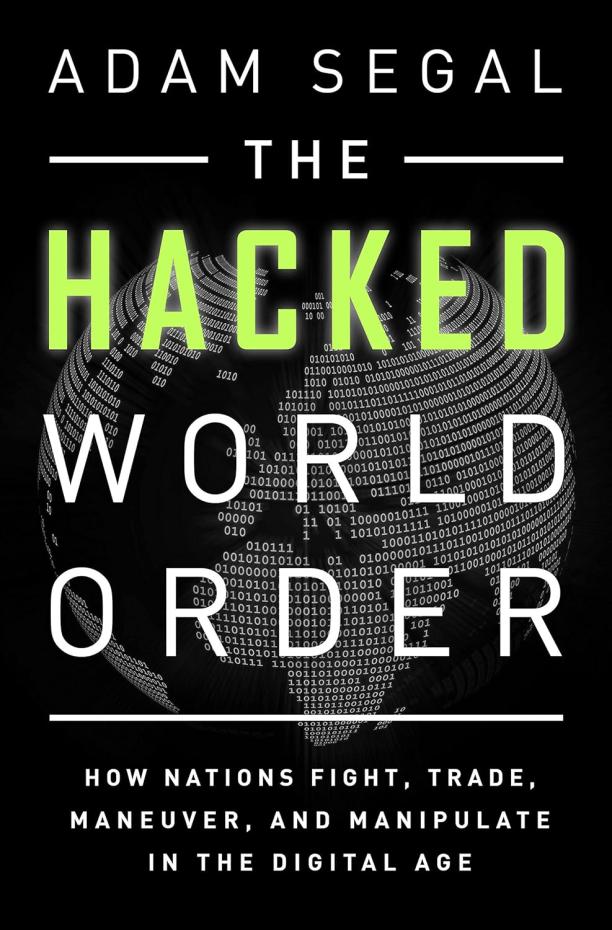
The Hacked World Order
How Nations Fight, Trade, Maneuver, and Manipulate in the Digital Age
Adam Segal
The book explores the impact of cyberspace on international relations, detailing how states use digital means to achieve strategic goals, including espionage, information warfare, and the pursuit of geopolitical influence. It examines the challenges of cybersecurity, the balance between privacy and national security, and the evolving norms and policies shaping state behavior in the digital domain.
See full summary
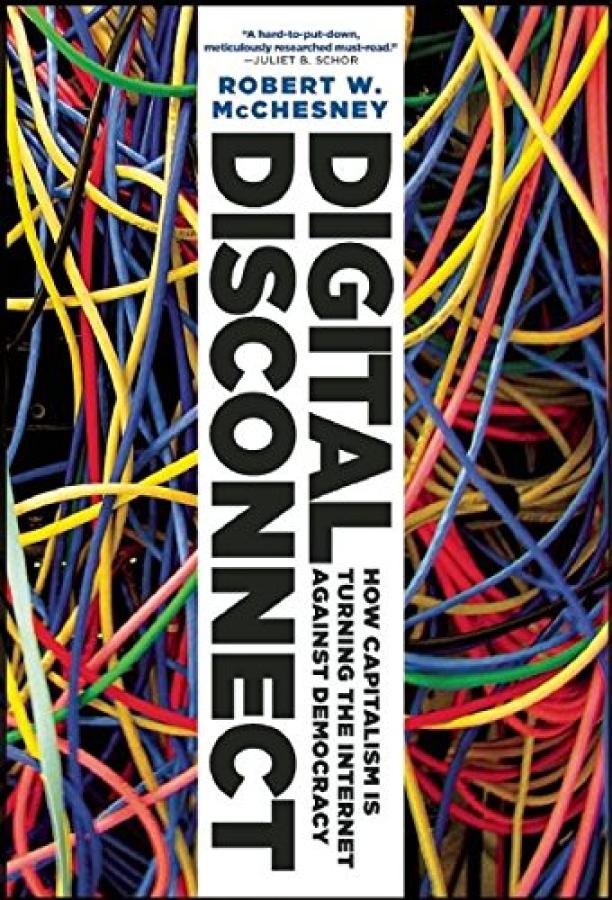
Digital Disconnect
How Capitalism is Turning the Internet Against Democracy
Robert W. McChesney
The book critically examines how the corporate control and monetization of the internet have led to a concentration of power that undermines the democratic potential of digital technology. It explores the consequences of this digital capitalism on privacy, surveillance, and the ability of citizens to access diverse and unbiased information.
See full summary
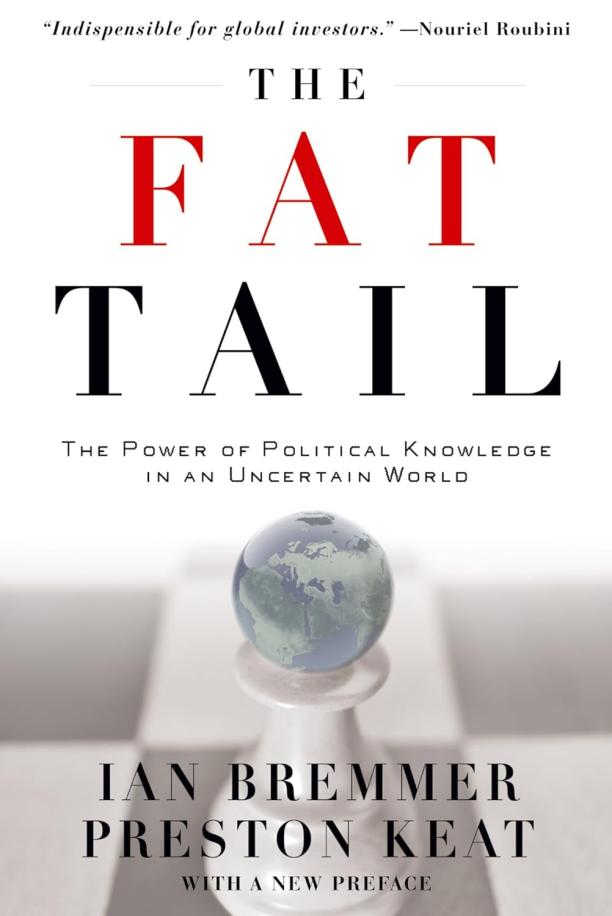
The Fat Tail
The Power of Political Knowledge in an Uncertain World: The Power of Political Knowledge in an Uncertain World
Ian Bremmer|Preston Keat
The book explores the concept of "fat tail" risks in geopolitics, which are low-probability, high-impact events that can disrupt global markets and political stability. It provides a framework for understanding and managing these risks, emphasizing the importance of political knowledge and analysis in navigating an increasingly uncertain world.
See full summary
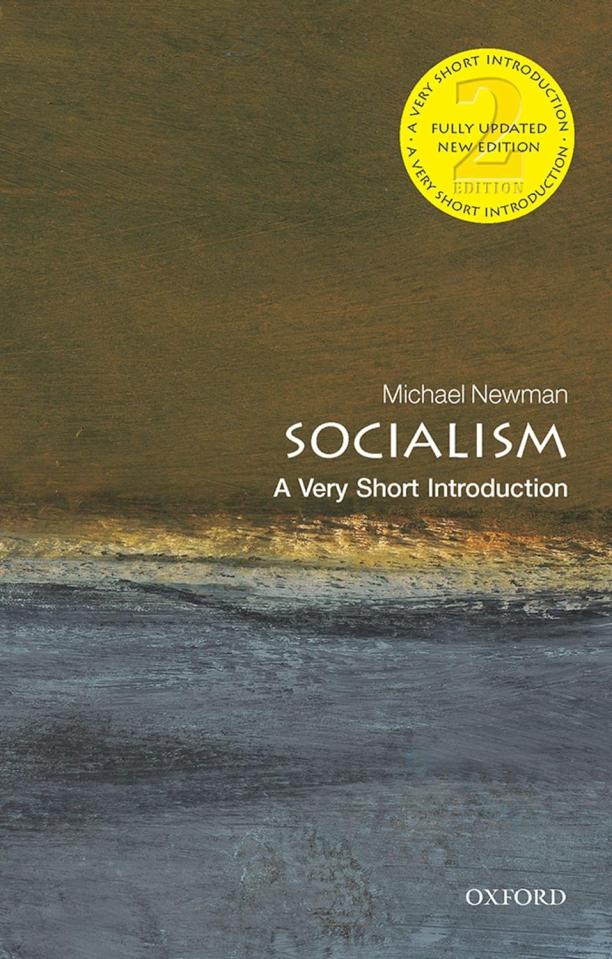
Socialism
A Very Short Introduction
Michael Newman
The book provides an accessible overview of socialism's historical evolution, key ideas, and its impact on political thought and practice. It discusses socialism's philosophical roots, variations in socialist thought, and the challenges it faces in the contemporary world.
See full summary
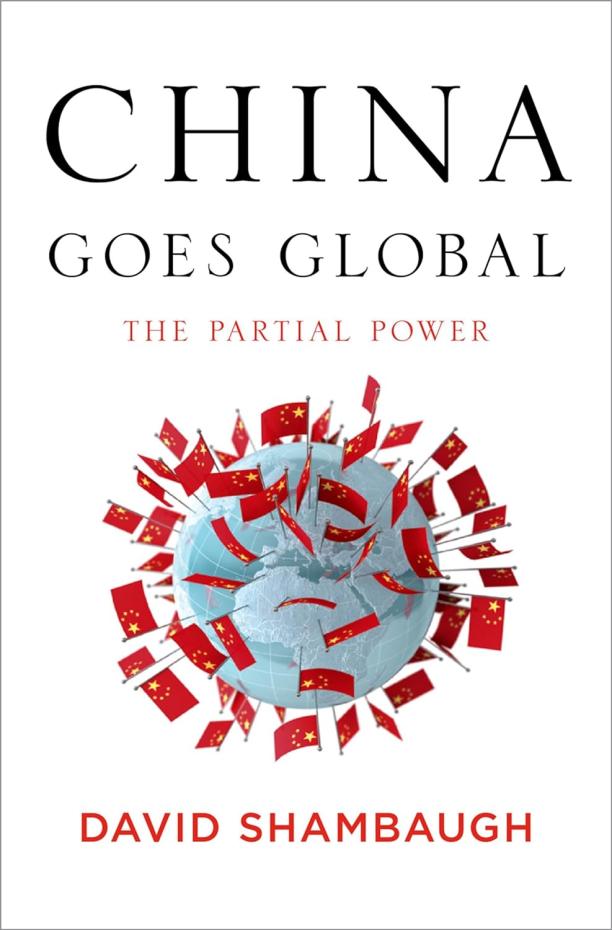
China Goes Global
The Partial Power
David Shambaugh
The book examines China's growing international influence and its limitations, analyzing its economic, diplomatic, cultural, and military reach across the globe. It argues that despite China's significant global presence, its power is constrained by internal and external challenges, making it a "partial power" rather than a fully-fledged superpower.
See full summary
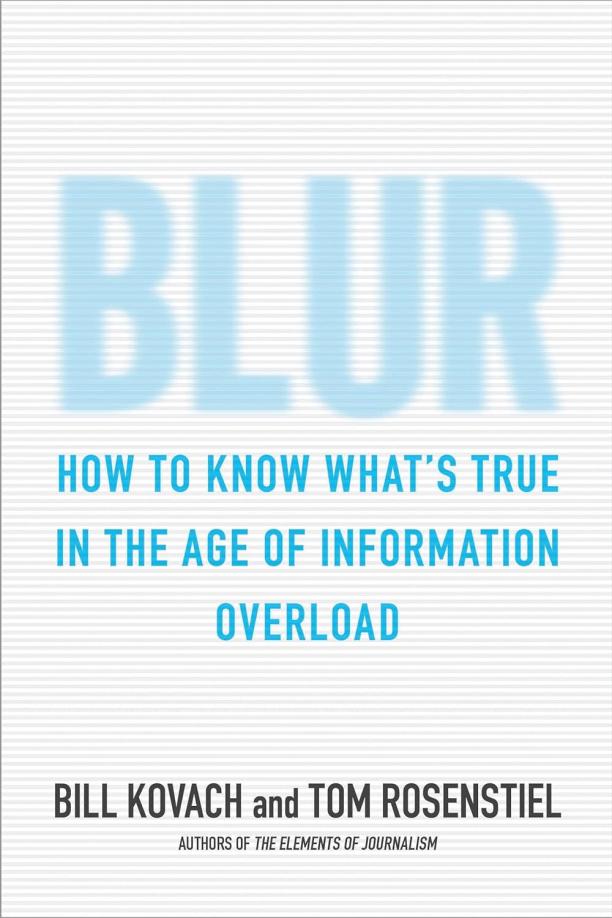
Blur
How to Know What's True in the Age of Information Overload
Bill Kovach|Tom Rosenstiel
The book explores the challenges of discerning credible information in today's digital and media-saturated environment. It provides readers with tools and concepts to evaluate the reliability of various sources and to navigate the overwhelming abundance of news and data.
See full summary
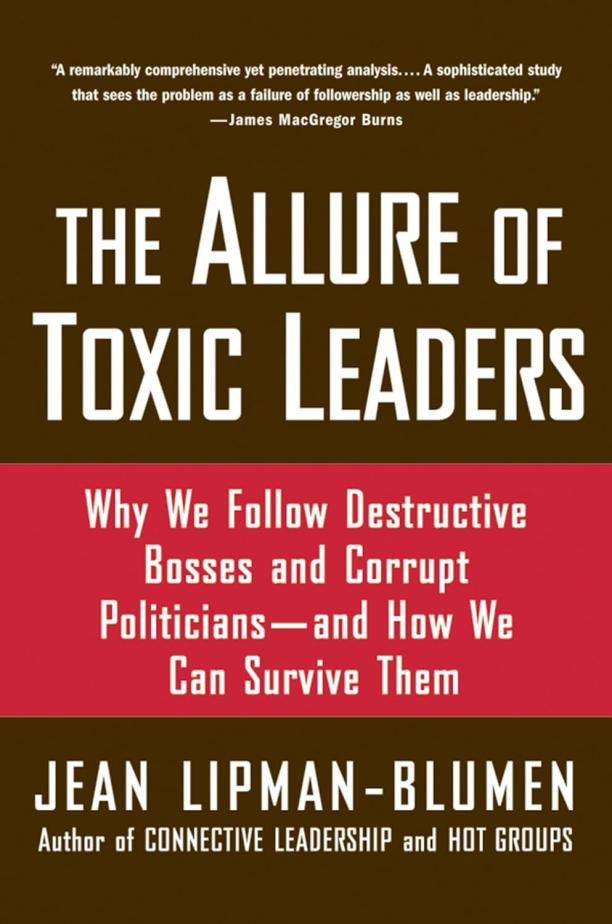
The Allure of Toxic Leaders
Why We Follow Destructive Bosses and Corrupt Politicians--and How We Can Survive Them
Jean Lipman-Blumen
The book examines the psychological and social reasons behind individuals' attraction to and support for leaders who are harmful or unethical. It also provides strategies for recognizing, thwarting, and overcoming the influence of such leaders in organizations and political systems.
See full summary
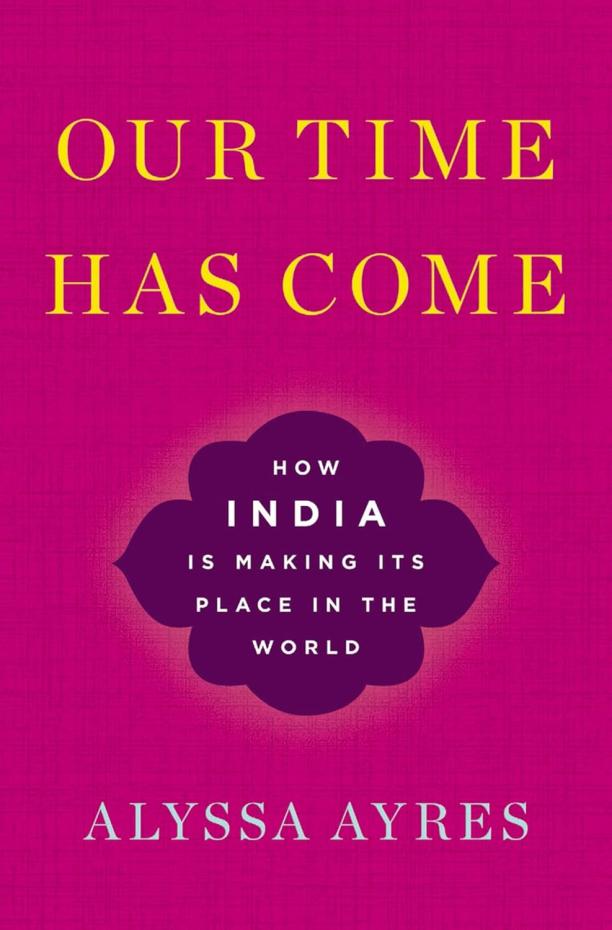
Our Time Has Come
How India is Making Its Place in the World
Alyssa Ayres
The book examines India's rise as a significant global player, analyzing its foreign policy, economic growth, and geopolitical strategies. It explores the challenges and opportunities India faces in asserting its influence on the world stage, including its relations with other major powers and its quest for a greater role in global governance.
See full summary
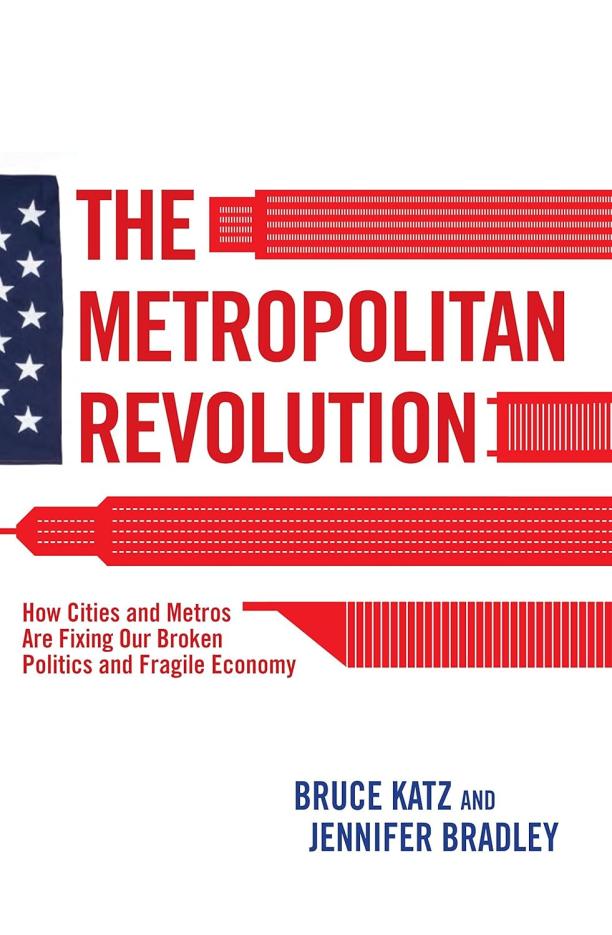
The Metropolitan Revolution
How Cities and Metros Are Fixing Our Broken Politics and Fragile Economy
Bruce Katz, Jennifer Bradley
The book explores the emerging trend of city and metropolitan leaders taking the initiative to solve critical economic and policy issues in the United States, stepping in where the federal government has been ineffective. It provides case studies and analysis of how these local efforts are driving innovation, infrastructure investment, and economic development in an era of political gridlock and economic uncertainty.
See full summary

The China Challenge
Shaping the Choices of a Rising Power
Thomas J. Christensen
The book analyzes the complexities of China's rise as a global power and the strategic challenges it poses to international stability and order. It offers insights into how the United States and other countries can engage with China to encourage responsible behavior and integrate it into the existing international system.
See full summary